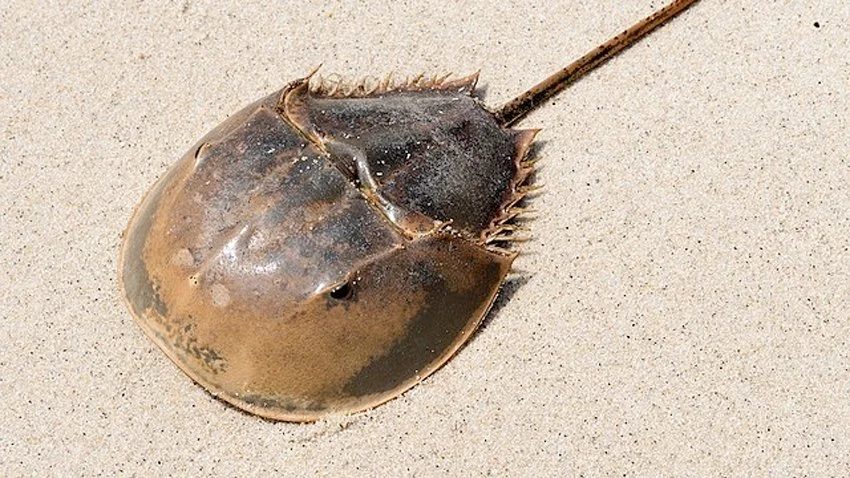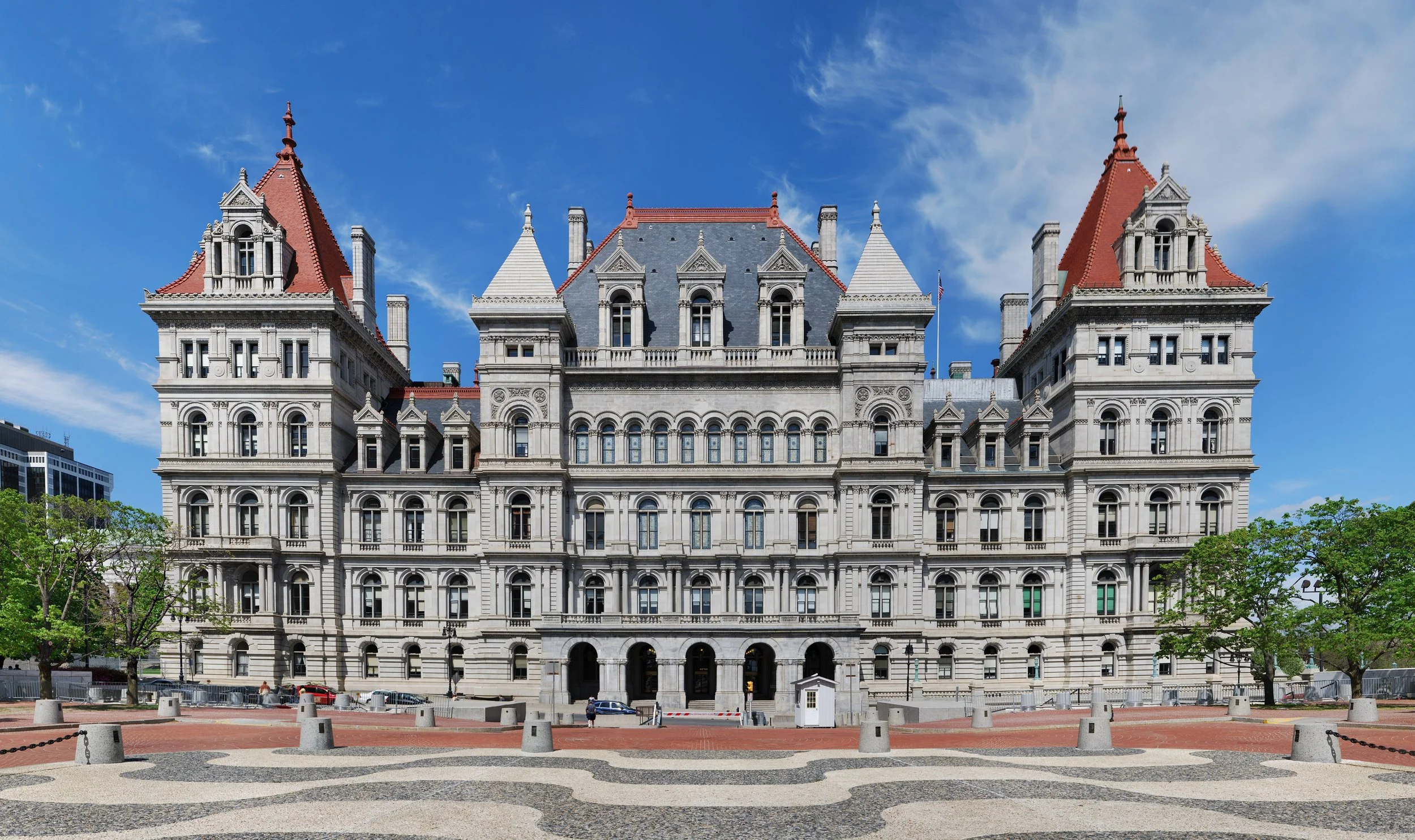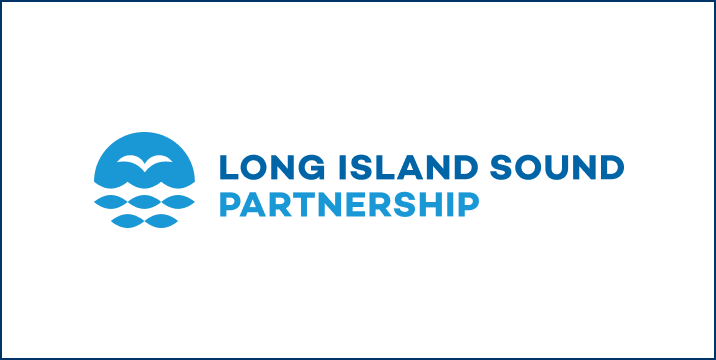Will New York Governor Kathy Hochul sign or again veto a bill to protect horseshoe crabs that, by large majorities, passed again in the State Legislature earlier this year? Hochul vetoed the same bill last year.
Long Island's vulnerable South Shore Estuary Reserve gets a $2.4 million funding boost
The Long Island South Shore Estuary Reserve, a sprawling 70-mile-long network of waterways vulnerable to environmental pressures, will receive a $2.4 million infusion of state funding.
The New York State Department of State, at a press conference at Tobay Beach Wednesday afternoon, said eight municipalities, nonprofits and agencies earned the awards through the South Shore Estuary Reserve Local Assistance Grant Program.
Suffolk advisory group says $44M Oakdale Sewer Expansion Project should get top priority for construction
Wastewater improvement projects from Oakdale to Huntington Station totaling $3.5 billion could be first in line for Suffolk County funding from its Water Quality Restoration Fund based on the newly formed board's rankings of 30 projects.
The board also recommended the county increase its grants for homeowners to upgrade to enhanced septic systems by $5,000.
Zeldin's Sound commitment to environmental advocacy group
As the Environmental Protection Agency lays the groundwork to potentially end its own ability to regulate greenhouse gas emissions, a delegation from the advocacy group Long Island Sound Citizens Advisory Committee went to Washington last week to meet with someone they knew well: EPA Administrator Lee Zeldin. The agenda: ensure consistent protection for Long Island Sound amid harsh federal funding cuts.
State expands septic grant program, increases funding for Suffolk County
Gov. Hochul signs bill providing grants to New Yorkers for new septic systems
Governor Hochul Announces $30 Million and Signs Legislation to Make it More Affordable to Protect Water Quality from Failing Septic Systems
Legislation S8241-A/A8807 Makes It Easier and More Cost-Effective for New Yorkers to Upgrade to Advanced Septic Systems That Significantly Reduce Water Pollution
State Septic System Replacement Program Targets Priority Geographic Areas Like Long Island Which Rely on Sole-Source Aquifers
Funding Incentivizes Replacement of Old Septic and Cesspool Systems to Prevent Water Pollution
Sen. Kirsten Gillibrand, on Long Island, criticizes proposed National Estuary Program budget cuts
Sen. Kirsten Gillibrand was on Long Island Monday to harshly criticize the proposed $8 million in funding cuts in President Donald Trump’s 2026 budget for the National Estuary Program, which supports clean water initiatives, including those on the Island.
Sen. Gillibrand, local leaders oppose federal funding cuts affecting Peconic Estuar
U.S. Senator Kristen Gillibrand paid a visit to Riverhead on Monday morning to warn about President Donald Trump’s proposed $8 million federal funding cut from the National Estuary Program, which could threaten ongoing efforts to maintain and restore the Peconic Estuary and Long Island Sound.
In Riverhead, Gillibrand Sounds The Alarm On The Disastrous $8 Million Cut To National Estuary Program Funding Proposed In FY26 Budget That Would Endanger Americans’ Health
Contaminated water can lead to a plethora of health risks; cutting funding to maintain estuary water quality will endanger Americans’ well-being
Today, U.S. Senator Kirsten Gillibrand sounded the alarm on the proposed $8 million funding cut from the National Estuary Program (NEP) in the president’s FY26 budget. The NEP works to maintain and restore water quality of 28 estuaries across the United States, including the Peconic Estuary and Long Island Sound. Without sufficient funding, the NEP will not be able to monitor New York’s estuaries and keep them safe from threats such as excess nitrogen pollution, pathogens, and harmful algal blooms, which have been shown to be harmful to public health and the environment. Funding to restore and protect our estuaries also boosts coastal resilience from storms, improves tourism and recreation, and supports local jobs.






